
Top articles of the week on Specialty Pharmacy Times.

Video game-based cognitive rehabilitation programs show promise in treating multiple sclerosis symptoms.

The impact of zidovudine, nelfinavir, and lamivudine prophylaxis in treating neonatal HIV transmission.

Antepartum, intrapartum, and postpartum antiretroviral prophylaxis can drastically reduce the chance of HIV transmission.

Pharmakon Pharmaceuticals Inc voluntarily recalls sterile compounded products due to sterility and quality concerns.

Chronic pain and hormone replacement among the most frequently used compounded medications.

Researchers explore vaccine to produce simultaneous immune response against hepatitis C and HIV.
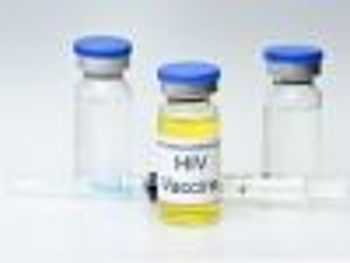
Engineered immunogens incite the immune system to produce antibodies that show promise for an HIV vaccine.
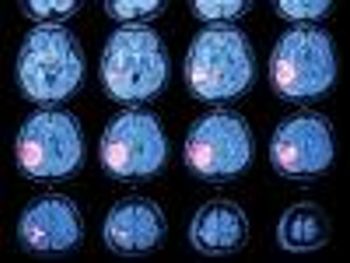
Advanced T cell receptor sequencing may predict efficacy of immunotherapy in brain cancer treatment.

Zinbryta found to reduce cells that contribute to neurological injury caused by multiple sclerosis.
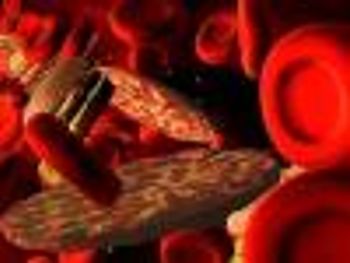
Top news of the day from across the health care landscape.
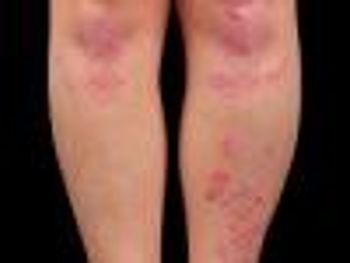
Duration of psoriasis at baseline impacts the odds of developing erosion in psoriatic arthritis.
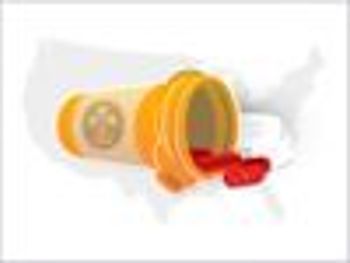
Study finds fewer exchange health plans are placing specialty drugs on the highest tier.

Top news from across the health care landscape.

Tenofovir alafenamide found safer than tenofovir disoproxil fumarate in multiple trials.

Overall positive results shown in studies with Harvoni and sofosbuvir/velpatasvir.
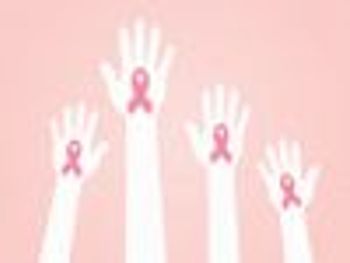
Pfizer announced Ibrance met its primary endpoint in postmenopausal women with human epidermal growth factor receptor 2-negative (ER+, HER2-) advanced or metastatic breast cancer.

A typcial treatment regimen for hepatitis C virus lasts 12 weeks at a high cost.
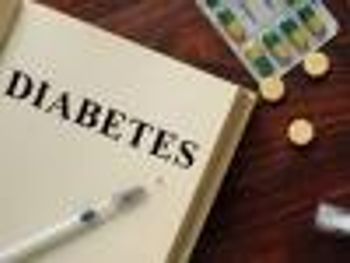
By 2014, 8.5% of the global population had diabetes.

Bisphenol A is found in numerous plastic and resin household products.

Specialty pharmacy needs to become a results-based industry that delivers superior health outcomes.

Anti-CD38 monoclonal antibody daratumumab (Darzalex) shows promise for patients with multiple myeloma.

A recent Tecfidera study finds find no rate of relapse of progression in MS patients.

Nanoparticles show an anti-inflammatory effect on the macrophages in IBD treatment.
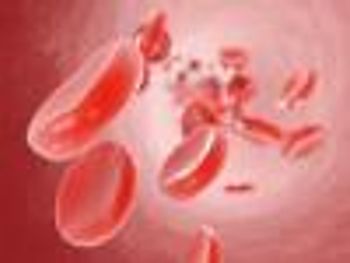
Blocking the recruitment of blood vessels suppresses small cell lung cancer tumor growth.

Top news of the day from across the health care landscape.

CD4-HIV interactions may mediate type I interferon production.

Best and worst jobs list comprised of rankings for environment, income, outlook, and stress.

The cost of disease-modifying antirheumatic drugs for rheumatoid arthritis remains a concern.